#books vs films
Text
Ok, time for a hot take.
It really bothers me that Rosie and Sam’s relationship is reduced and made so shallow in the films, with the implication that they’ve never even talked to each other, and Sam is pining for this girl he doesn’t really know….
Like …
… this actually misses the entire point of their relationship in the book.
In the book, Sam and Rosie grew up together. His warmest memories that bring him comfort in the darkest place are the memories of playing with her in the pool when they were kids.
The point of Tolkien’s Rosie is that she’s someone familiar to Sam, the face that comes into his mind when he thinks of home. He remembers an actual moment he spent with her, a moment of fun and bonding. Then when he comes home, it turns out she could somehow sense the moment the Ring was destroyed, and knew he was coming home. They have this special, deep bond that brings Sam a sense of comfort and stability.
She’s not supposed to be some distant, unknown figure that Sam has built up in his head but has never actually talked to or gotten to know. That’s literally the antithesis of Tolkien’s Rosie Cotton.
It’s like the films swap Sam’s initial relationships with Rosie and with Frodo. In the movies, he starts off more familiar and friendly with Frodo; they apparently go to the pub together frequently like typical buddies do, whereas Rosie is in another world, dancing and making drinks behind the bar, and Sam is just too unsure of himself to even make small talk with her.
But Tolkien’s portrait is the exact opposite. Rosie is the one who Sam spends a lot of time with and has known for a long while. Frodo is the one who Sam is distant from and doesn’t really have the nerve to make chit-chat with, because he is Frodo’s servant and thus he thinks it’s not his place to be too friendly with “his betters,” as his dad says. (And then the journey takes the two of them out of that restrictive class system and frees them to bond and get to know each other as people.)
Then when they come home, there’s an actual sense of coming home, because Rosie embodies everything that is familiar and safe for Sam. Not everything that is unknown and scary.
#lotr#jrr tolkien#lotr books#lord of the rings#lotr movies#lotr book vs film#sam x rosie#samwise gamgee#rosie cotton#frodo baggins
2K notes
·
View notes
Text
Character Agency
Your characters should have agency. That means they have the power to influence what’s happening around them. We talked a bit about agency last time, revolving around how many female characters get agency stripped away from them. But overall, agency is important for any character to make them active participants in their own stories and feel necessary to the plot.
So here’s how you enable your characters agency:
1. They make active decisions
Okay this is the obvious one in theory, but still manages to sneak by in stories undetected. An active character with agency makes things happen through their decisions, instead of just their reactions. Take these two examples of a scene plan:
John is walking home when he is caught by a sudden storm. Looking to hide from the rain, he ducks under the cover of a bus shelter. Inside is Mya, and they strike up a conversation about their shared sucky situation.
Vs.
John is walking home when he is caught by a sudden storm. Luckily he brought an umbrella in his bag, and draws it out. Then, he sees Mya getting drenched by the rain ahead of him. He jogs to her, offering to share the umbrella. They strike up a conversation.
In the second example John isn’t just reacting but making a choice that’s changed something in the world. He may just happen to run into Mya, but it was his decision to run up to her, to offer her his umbrella. This action is a great indicator of his personality—he’s kind, trusting, and thoughtful even towards strangers.
That’s the most important part. A character who just reacts to everything doesn’t show off any personality, whereas action lets you demonstrate who your character is at their core (especially in difficult situations that call for difficult decisions).
2. Their actions have consequences
Similarly, the decisions your active character makes aren’t really decisions if they don’t impact any part of their world. For good or for bad, every decision your character makes should have a consequence. This could be shown through their relationships with others, their environment, or even their own mental, physical, or spiritual state.
If we’re going from the example above, John sharing his umbrella with Mya maybe starts their friendship, but her jealous, toxic boyfriend sees them through his window, making her and now his life difficult.
It’s a decision that has multiple consequences throughout his life—a new friendship, and also a new enemy. And Mya is also facing consequences—from her decision to walk with him, and his decision to offer her the umbrella.
Make sense? How do you ensure your character has agency?
#writing#creative writing#writers#writing community#screenwriting#writing inspiration#books#filmmaking#film#writing advice#character agency#main characters#side characters#active characters#active vs passive characters
487 notes
·
View notes
Text
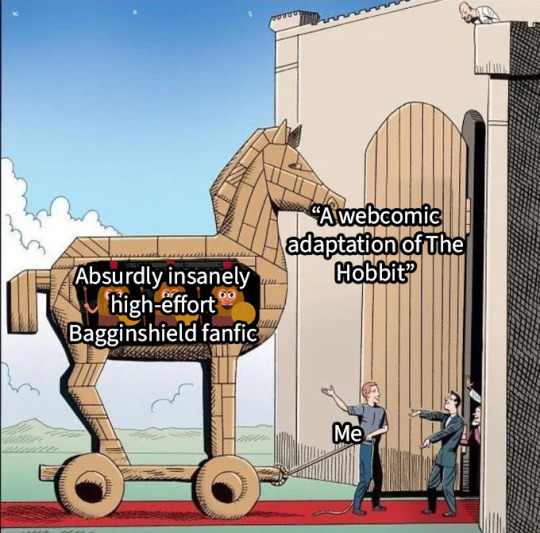

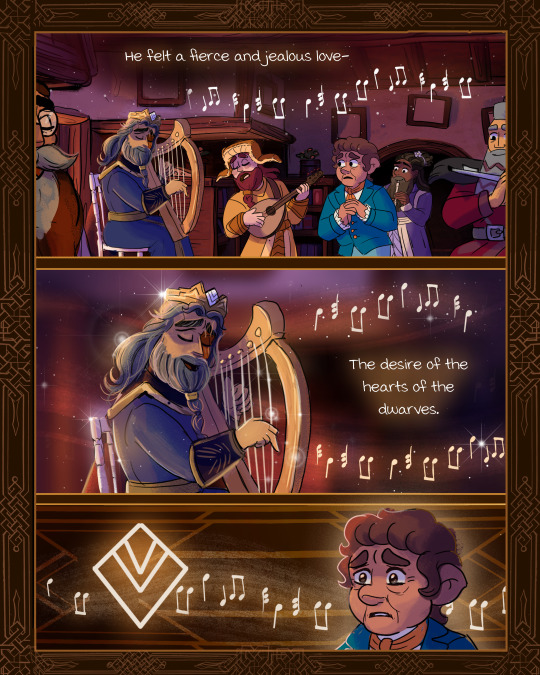
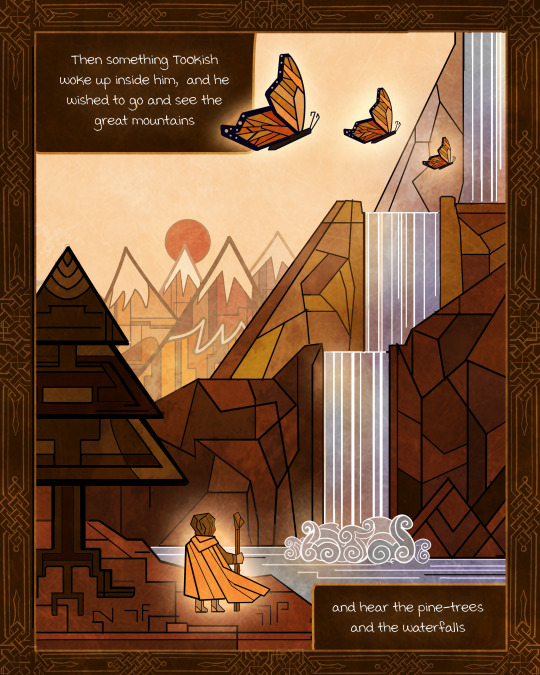


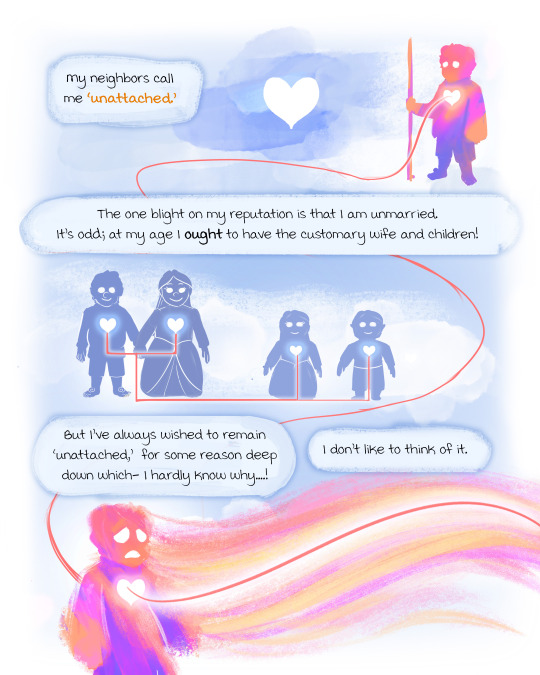
(Link here) Picture me with a conspiracy stringboard, a copy of the Unfinished Tales, and several essays about how LOTR/The Hobbit are meant to be flawed translations of ancient texts written by biased authors, and gesturing wildly as I explain how we can reinterpret The Hobbit as a funky little gay metaphor actually. we can do it. I believe
#the hobbit#retelling the hobbit#bagginshield#lotr#lord of the rings#dont you hate it when your first crush is actually super problematic.... aint that just the way#this is queerbaiting because at this rate it wont be canon in my comic until 84 years have passed in real life#this is bury your gays because thorin will still die in the end#there are obviously huge changes in my version vs ‘fanon bagginshield’#my version of Thorin is going to be a mix of book and film#somber and sympathetic like film Thorin#but a lot more haughty and self importsnt like book Thorin#just because I think it’s funnier
398 notes
·
View notes
Text
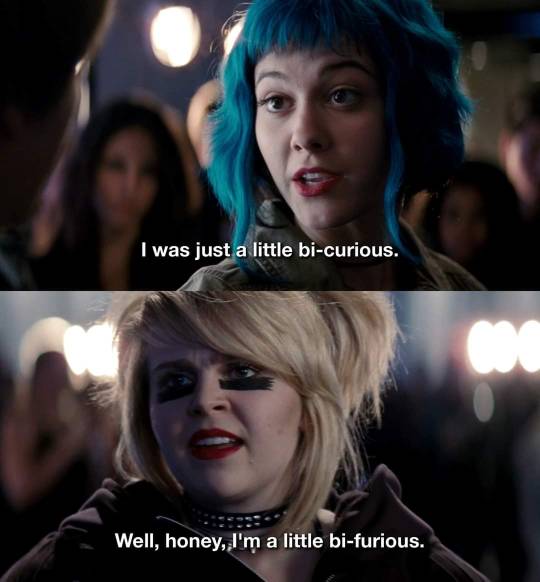
A deadly combination.
Scott Pilgrim vs the world (2010)
#scott pilgrim vs the world#scott pilgrim#ramona flowers#chris evans#mary elizabeth winstead#aubrey plaza#michael cera#brie larson#kieran culkin#movie quotes#dark academia quotes#film quotes#books quotes#quotesdaily#quoteoftheday#quote of the week#quote of the month#quotes#movie quote of the day#movie qoute#movie quotations#movies#films#film stills#quote picture#love quotes#love quote tumblr#love qoute#edgar wright#comic books
195 notes
·
View notes
Text

dude im so excited for the anime releasing you have no idea
#my art#totic#scott pilgrim vs the world#ramona flowers#scott pilgrim#scott pilgrim anime#illustration#character#art#artists on tumblr#scott pilgrim fanart#those books and that movie and that game literally changed my life i would be down a completely different path rn#also a friend and i went to all the filming locations last year and it was so surreal it remains one of the best days of my life fr#we waited for a snowy day and the vibes were just perfect
65 notes
·
View notes
Text
i know the pevensies had it bad for being treated as children all over again after growing into adults in narnia but i'm starting to realize that eustace also got the short end of the stick after his trip; like imagine becoming a dragon and battling it out with a sea serpent only to be fucking bullied at school again. eustace is a stronger man than me because that would have become my villain origin story
#i know the serpent vs dragon fight doesn't happen in the votdt book but imagine the film ver to silver chair book pipeline... terrible#tcon#the chronicles of narnia#chronicles of narnia#narnia#eustace scrubb#voyage of the dawn treader#the silver chair#peter pevensie#edmund pevensie#susan pevensie#lucy pevensie
605 notes
·
View notes
Text
If fandoms have taught me anything, it's that "I love you." is one of the weakest confessions I have heard.
Not that there's anything wrong with it but in the middle of magical chaos and death defying events, I would like to hear something other than "ily babe"
#bridgerton#grishaverse#six of crows#shadow and bone#extraordinary attorney woo#film#tv series#bnha headcannons#fanfiction#heartstopper#star vs the forces of evil#the sandman#avengers#marvel#the cruel prince#percy jackson#books#i forgot all my fandoms wtf they are so random 😭#wheel of time
161 notes
·
View notes
Text

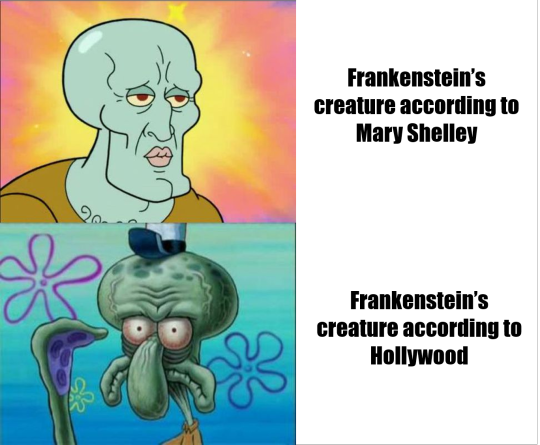
#my post#my meme#the phantom of the opera#the phantom of the opera meme#the phantom of the opera memes#phantom of the opera#phantom of the opera meme#phantom of the opera memes#poto meme#poto memes#poto#phantom of the opera 2004#Frankenstein#Mary Shelley#Gaston Leroux#Bram Stoker#Gothic horror#horror movies#horror films#book vs film#book vs movie#lost in adaptation#book memes#literature memes
518 notes
·
View notes
Text
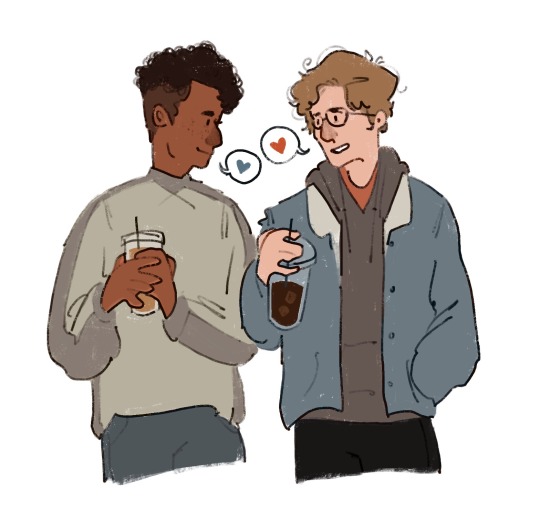
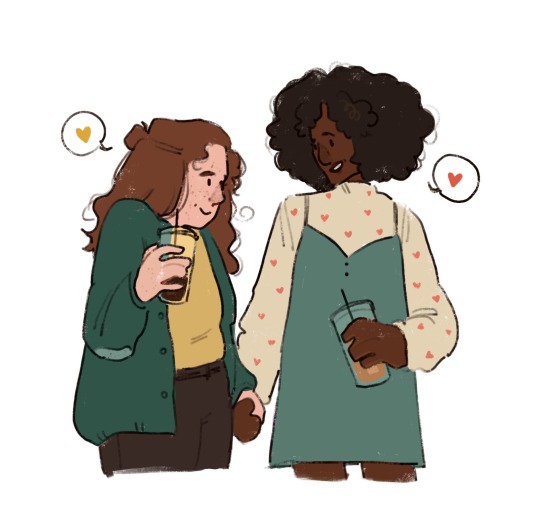
cause back then we were caught in a love song (so loud, oh yeah!)
#svthsa#simon vs the homosapiens agenda#leah on the offbeat#love simon#simon spier#bram greenfeld#leah burke#abby suso#psa! these are my book designs that take loose inspiration from the film#just in case you were curious#simonverse#i love love simon#like it made me who i am#spierfeld#bursuso
45 notes
·
View notes
Text
youtube
The Batman vs Dracula | No-Prize Podcast No 129
Creatures of the night!
#The Batman#Batman#Bruce Wayne#The Batman 2004#The Batman vs Dracula#Dracula#Alucard#Vampires#DC#DC Comics#DC Animation#Animation#Animated#Cartoon#Moive#Animated Movie#Film#Marvel#Marvel Comics#Comic Books#Podcast#Boingo Rider#The Vacuuminator#No Prize Podcast#Modular Media#Youtube
48 notes
·
View notes
Text
#lotr#jrr tolkien#lotr books#lotr movies#lord of the rings#lotr book vs film#the scouring of the shire#frodo baggins#the prancing pony#gimli#denethor#faramir#gollum#tom bombadil#helm’s deep#lotr poll
338 notes
·
View notes
Text
Howl’s moving castle by Diana Wynne Jones
Genre: fantasy
POV: Sophie Hatter (3rd person)
Main characters: Sophie, Howl Jenkins, Calcifer, Michael Fisher
Settings: Kingdom of Ingary (magical realm) and Wales (UK)
Fav quote: “May your bacon burn!” (Write in the comments who is the one saying it;) )
I hope that all of you have watched the movie from Ghibli because it's beautiful! I mean the pictures are incredible and so is the story. Obviously the presence of a certain gorgeous mage is also a good point... I won't lie he was one of the reasons why I ended up reading the book. I heard many comments about how different the book was from the movie, especially regarding Howl and Sophie's personalities and relationship. So here I am telling you all that it was worth it.
In fact, I discovered that the feeling reading the book is the same you get from the film. Relationships between characters (not only Howl and Sophie) are deeper.
For example you might remember Michael from the movie. Ghibli’s version was a lil boy with ginger hair but in the book he is older and (spoiler! Don’t read if you want a surprise) in love with Sophie’s younger sister Martha. Yes because in the book Sophie has two sisters and there’s romance for both.
Eventually the book was verg good, different from the movie but in a good way and also made me appreciate the film even more. Some sequences of the book make much more sense now and I appreciated a lot some scenes that Ghibli brought in the movie identical to how they were in the book.
Atmosphere and plot are basically the same and also the ending is very similar. Fro someome it might be a deterrent but since I like to discover more about the evnts and characters I found it interesting anyway.
Probably I will write a new post with the differences between the book and the movie but for now I leave you with this review. Hope you enjoy!
#howl pendragon#howls moving castle#sophie hatter#calcifer#studio ghibli#diana wynne jones#book recommendations#book review#film vs book#michael fisher#hmc book#hmc movie
29 notes
·
View notes
Text
i just watched hunger games 1 after rereading the books and i have some… thoughts.
so everyone goes on about how the movies are so inaccurate to the books, but (and i say this as an avid bookworm) i don’t think they really are. the biggest inaccuracies i noted were as follows:
a) rue and katniss don’t talk about their different districts — however, i do think this wasn’t terrible as they had to amend the plot at several points since we didn’t have katniss as a narrator, like when caesar explains what tracker jackers are.
b) the one that stood out the most to me: the mutts are just… dogs. not tributes, children, that have had their eyes gouged out and their bodies twisted and warped to be another pawn for the games, even in death. children whose families, to our knowledge, do not even receive their babies’ bodies. and this was such a big detail to overlook since this is precisely the reason katniss is so horrified, and precisely the reason the brutality of the games is made so clear to us, the viewers: because these children will always be nothing but pieces on a game board to the people in power. things to be used, warped, destroyed, and then discarded. because when katniss looks into glimmer’s (or her mutt’s) eyes, it finally hits her how insignificant the capitol views the tributes. how even when you’re winning, there’s something to be used against you. she even sees rue, the girl she saved, the little twelve year old she buried, rabid and frothing at the mouth with hate. and this is when she sees, in perfect clarity, the grotesquerie of the games.
c) key details were omitted, like when haymitch fell off the stage, when madge gave katniss the pin, when peeta threw haymitch’s glass against the wall in the train car, how katniss threw peeta into the vase after the interviews and peeta’s hands were lacerated, how the soup from the parachute was actually broth and not the infamous lamb soup with plums that katniss loves (and subsequently, the ice-breaker in caesar’s interview being different), and of course, the infamous black buttercup. i mean, all in all, these were quite annoying— but not to the point where they changed the main message of the movie: the corrupting nature of power and how this breeds cruelty and uncompassion for human life. i think they stayed true to this, and that’s why i believe the films are a worthy tribute to the books!
furthermore, to compensate for the loss of katniss’ inner narrative spelling out key details for us in the books, the film does actually come up with pretty clever ways to work around this. like, as previously mentioned, when caesar explains on live television, to a capitol audience, what tracker jackers are and why they’re so deadly, which is key to the scene where katniss cuts the nest down. or, when the parachutes come with little notes; since we can’t see katniss putting together that a good kiss = a reward, we are actually told by the note in the soup parachute. “you call that a kiss, sweetheart?” we also have further insight into seneca crane’s death, which is so breathtakingly poetic, and symbolic, in my opinion. well, at least as poetic as a death can be. in addition, even though the books do mention it, we see in real time how haymitch flatters and strokes and fights for sponsors for katniss and peeta. this is so significant, as a man who has been forced to mentor years and years of tributes, to watch them die over and over again, and to gradually lose all hope that they’ll survive— this man is the one that is fighting so hard for katniss and peeta. we can see that better in the film. so the inconsistencies, in my opinion, can be overlooked as we will never truly have a film that is 100% loyal to the books. (unless it’s lord of the rings but shhh)
but what really sealed it home for me was something that the books actually didn’t do: we have the sense as viewers, a lot of the time, that we are intruding upon a profoundly personal moment. like with katniss and peeta in the cave. but that’s exactly what the film is trying to drive home. and that’s what makes it so fantastic. because we are intruding. we shouldn’t be watching such a deeply personal and vulnerable moment for katniss, who never shows her feelings if she can’t help it, and peeta, who shows his like an open book. it’s wrong on both accounts because in addition to these children being forced to fight brutally and bloodily to the death, they have to put on a pantomime as they do! i mean, what could be more unjust than a girl who’s being put to death being forced to give everyone a show on the way out? when the camera is just a bit too close, when there is no soothing filler music, when we can see them, raw and real, two kids afraid to die in an unfamiliar forest far away from their home, we feel uncomfortable. because why should we get to see this? how can this be fair? surely, they can have just this one thing. but that’s the whole point. they can’t. and we— watching from the same perspective as the capitol audience, i would like to emphasise— feel complicit in robbing these two kids of a brief moment of respite. that is what the film tries, and succeeds brilliantly, to convey.
i’m sure there’s still more to cover, but this is just what i noticed and felt the need to write about from my first time watching ‘the hunger games’. in conclusion: the film was actually fantastic if you don’t nitpick the small details. i think it’s a raw and real and fantastic tribute to the books, and should be treated as such.
#the hunger games#hunger games#katniss everdeen#peeta mellark#haymitch abernathy#thg haymitch#katniss and haymitch#film#books#book vs film#the hunger games movie#movies#movie#think of this as kind of like my little writer’s version of lavendertowne’s ‘by the book’#by the book#female writers#lia rants#or more like lia writes frantic essays at 1am
35 notes
·
View notes
Text
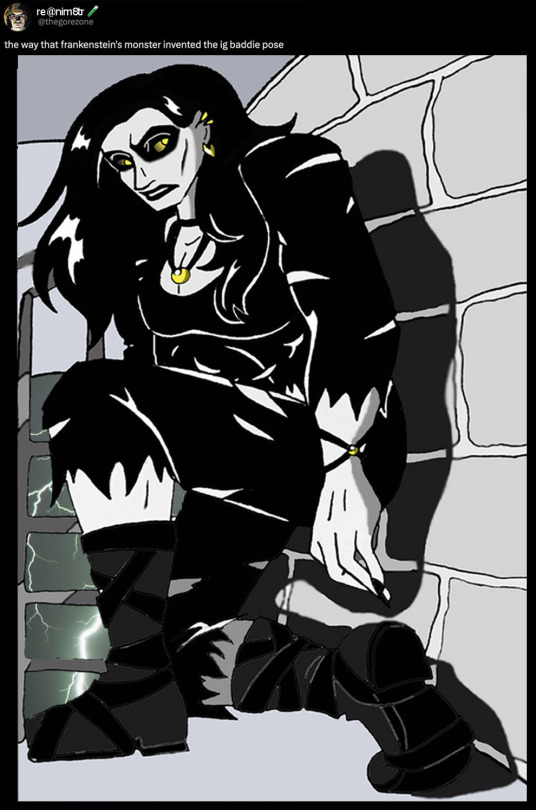
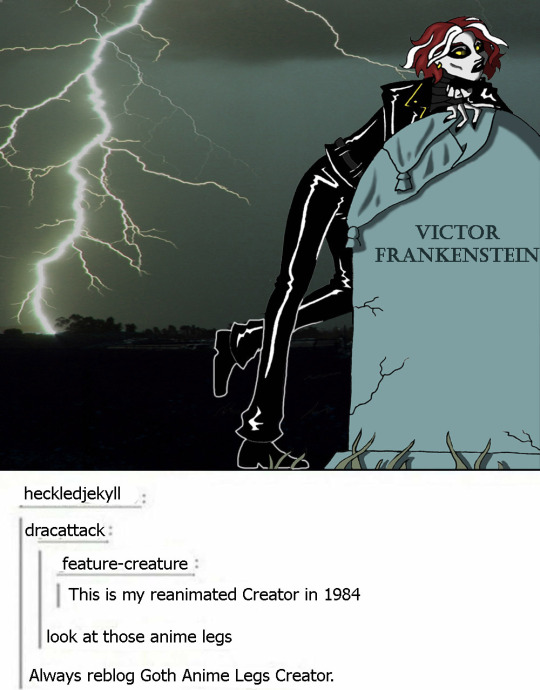
The Creature went on to become one of the leading trendsetters in the goth metal scene, frequently found haunting the industrial clubs and collecting black lipstick prints and phone numbers. Victor has been dealing with every vampire couple and trenchcoated semi-living vigilante from 1980 onward informing him that they saw him from across the bar/nightclub/cemetery/abandoned warehouse and really dig his vibe. Neither of them return Herbert West’s calls.
...
I can explain (badly)
Recently I got my hands on some figures to modify with a new paint job…
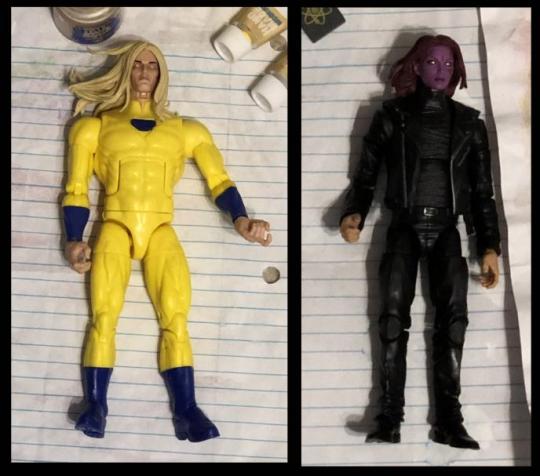
…and immediately thought of Victor and the Creature. Albeit with Victor having to get Frankenstein’d together with one figure’s head and another’s body. The latter was a tricky thing because there are only so many male Marvel Legends figures that aren’t A) Spandex Beefman, B) Peter Parker, C) Random Guy in a Suit.
Period accurate 1790s attire was never going to be an option. So, leather lad or nothing. The Creature was already in skintight mode too, so that meant getting Hulk-pants-snug with his look. Hence, these two:
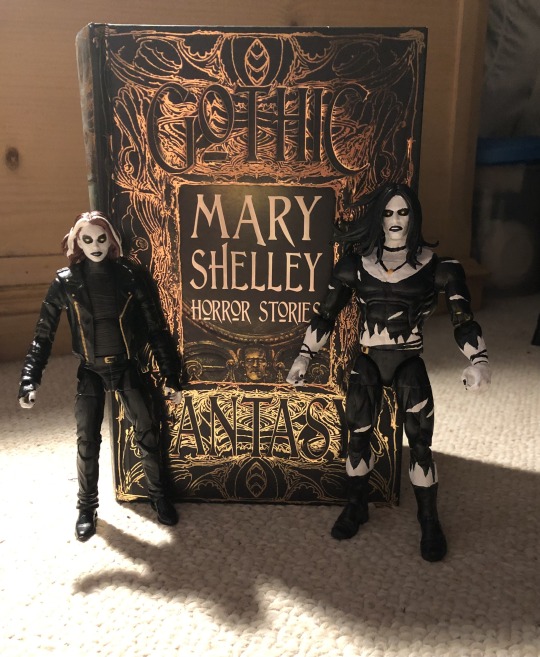
And all at once I need a The Crow/The Hunger-style moody alt goth retelling of Frankenstein yesterday.
#I'll take a book a graphic novel an animated film a series a movie A N Y T H I N G#so long as these two get the overdue dramatic ass 80's-90's edgy gothique retelling they deserve#complete with Victor getting reanimated for an over-the-top Creature VS Creature climax and bloody bittersweet end#I need it#victor frankenstein#the creature#frankenstein#my art
48 notes
·
View notes
Text
VINDICATION.
youtube
#my own posts#CGI vs practical is 98.9% the same old#i can't come up with an expletive severe enough to convey my rage and disdain#'stuff'#as the digital art isn't As Art as traditional#and the e-books are inherently lesser than print#and the books are inherently more intellectual than films#and the 2d animation is inherently superior to 3d#Opinions#Which I Have Spun On My Dick#Not Up For Debate asdfgasdf#queueing this to reblog every fucking week for the next five years fuckers
12 notes
·
View notes
Text
You: a Netflix Show & Book Comparison
The failure of a faithful film/book adaptation often runs in the anatomy of its chosen media, and while the Netflix series You, starring Penn Badgley, strays quite far from its original source, it’s an excellent example of a faithful adaptation.
At its core, both Netflix’s show and Caroline Kepnes’ 2014 book You run in the same vein of stories: Joe Goldberg and his very-normal response to an obsessive crush. However, the similarity pretty much ends there, and each story takes an equally enthralling - albeit different - road.

(This post is solely focused on the first book - and first season - of You!)
Here are the main differences:
1. Book-You is much darker and sinister.
While the show is also narrated by Joe Goldberg, book-Joe dives deeper into his darker and creepier nature. Each page is crawled with his growing paranoia and attempts to justify himself, often missing large marks of redeeming qualities that show-Joe easily exudes along his charm.
2. Joe Goldberg is a different character.
While both the story is a deep character study dive of a killer, the characters are simply written differently. While show-Joe is witty, charming, funny, and nice to kids, book-Joe is blunt, creepy, and unlikeable, not to mention lacking Penn Badgley’s charm and screen presence. Simply said, show-Joe is who book-Joe thinks he is; show-Joe is written to be altered into an anti-hero rather than a pure villain.
3. The language, justification, and motivation.
While both characters commit the same nature of crimes, it is the attitude and justification that primarily separates the two Joe Goldbergs: while show-Joe is calculative and runs in the justification “for the better good” and is nice to kids, book-Joe expresses misogynistic language and impulsive behaviors.
In addition to the main differences, here are the minor differences:
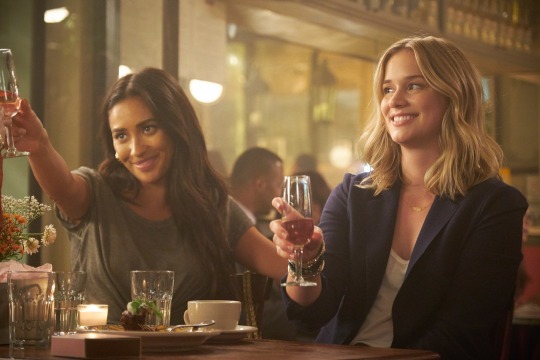
1. Paco does not exist. (Hence elaborating on the Point 1 that show-Joe is a difficult character to villainize because he’s so nice to kids!).
2. Beck isn’t a broke student and there’s no creepy professor.
3. Peach Salinger isn’t as suspicious of Joe.
4. Peach dies differently (she’s thrown into the ocean) and Beck doesn’t dwell on her death as much as she does in the show.
5. Joe never meets any of Beck’s friends; the hate runs similarly deep, but he only knows them through her hacked email conversation threads.
6. Candace is dead; there’s a different girl named Amy Adam who later steals Joe’s rare book and is the reason why he goes to LA to kill her (surprise!).
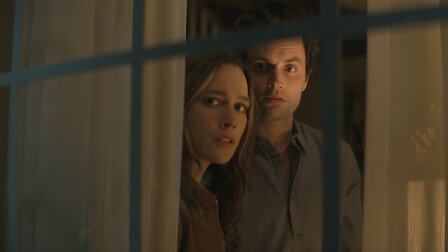
Both the book and show are exciting on their own; to sum it up the best, while the show is more plot-driven thus having a stronger reliance on audience tension, the book is a deeper and more serious dive into the complexity of Joe’s character as a villain.
I would definitely recommend both the show and book; each is interesting for different purposes, and in the meantime, I definitely cannot wait for the release of Season 4.
#You#Netflix#Show#TV Series#Film#Movie#Review#Films#Movies#Comparison#You show vs book#Show vs Book#Movie vs Book#You Season 4#You Season 1#joe goldberg#genevieve beck#love quinn#penn badgley#caroline kepnes#victoria pedretti#tati gabrielle#jenna ortega#dylan arnold#elizabeth lail#shay mitchell#carmela zumbado#james scully#michaela mcmanus#shalita grant
93 notes
·
View notes